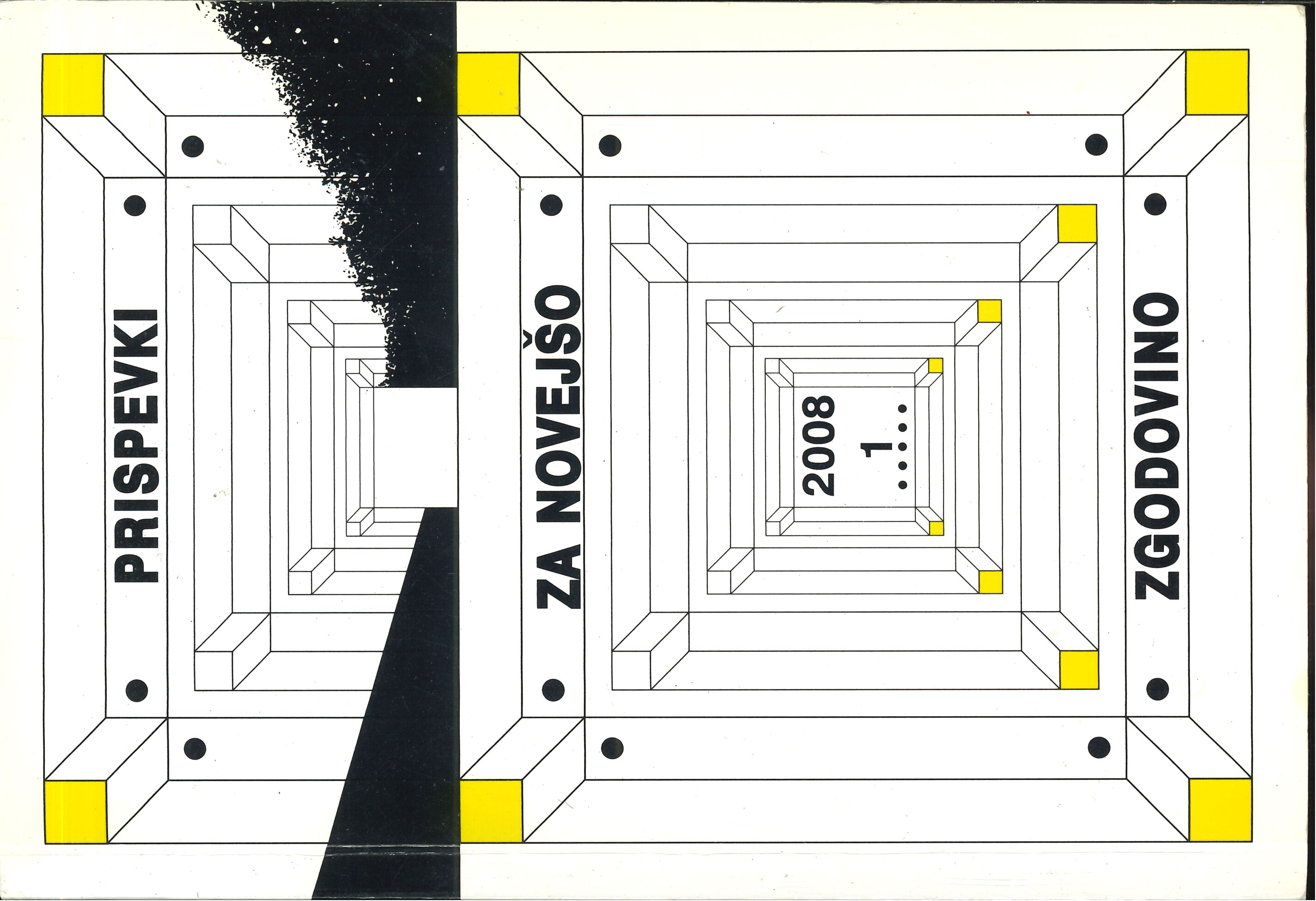Territorial Scope of Jewish Religious Comunity in the Territory of Today's Slovenia Before World War II
Keywords:
Slovenia, Habsburg Monarchy, Yugoslavia, Jews, religious congregations, legislation, emancipationAbstract
The formation and territorial scope of Jewish religious communities in the territory of today's Slovenia was, before World War II, inseparable from the settlement structure of the Jewish population in this area. Thus the first Jewish communities formed in the context of Hungary in the Prekmurje region (Lendava, Murska Sobota and, temporarily, Beltinci), where Jews had been settling in more significant numbers ever since the end of the 18th century. In the Carniola and Lower Styria comunity, Jews only started settling permanently after 1867, and in 1893 they were included in the Jewish in Graz. After Yugoslavia has been formed, the former Kranjska region Jews joined the Jewish in Zagreb, while the former Štajerska region Jews joined the Jewish in Varaždin. The author of this article carries out a very precise analysis of how these Jews were annexed to the Jewish in Murska Sobota in 1929 and of the resistance that this annexation caused.
Downloads
Published
Issue
Section
License
Authors who publish with this journal agree to the following terms:
- Authors retain copyright and grant the journal right of first publication with the work simultaneously licensed under a Creative Commons Attribution License that allows others to share the work with an acknowledgement of the work's authorship and initial publication in this journal.
- Authors are able to enter into separate, additional contractual arrangements for the non-exclusive distribution of the journal's published version of the work (e.g., post it to an institutional repository or publish it in a book), with an acknowledgement of its initial publication in this journal.
- Authors are permitted and encouraged to post their work online (e.g., in institutional repositories or on their website) prior to and during the submission process, as it can lead to productive exchanges, as well as earlier and greater citation of published work (See The Effect of Open Access).


